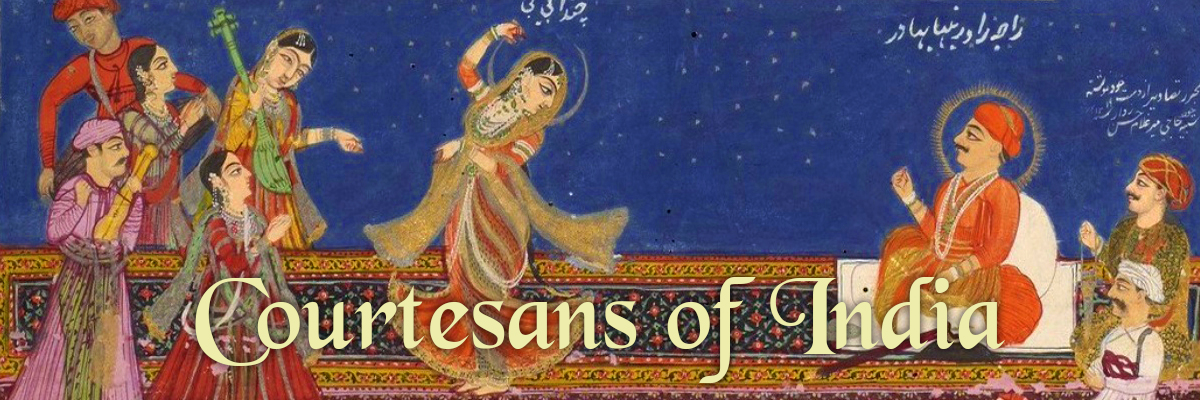From the Introduction
“This chapter addresses three films – Bhumika (The Role; 1976); Mandi (Marketplace; 1983); and the eponymous Sardari Begum (1996)…. [A] continuity of interests and ideological investments link the … three films … including: each film’s focus on a female protagonist and subject; her conscious and unconscious efforts to emancipate herself from the debilitations of her gender, class, and caste oppression; and, finally, for the purposes of my argument, her function as a figure through whom women’s relationship to the hegemonic values and ideological agendas of the Indian nation- in-the- making are assessed and interrogated. The nation remains, then, a salient frame of reference for grasping the ideological investments of these Benegal films….
The performing women… represent professions, identities, and cultural repertoires that flourished under, and were indelibly associated with, a feudal order, but which were delegitimized, marginalized, even excised from the self-definitions and constitutive narratives of the new Indian nation. “Women performers,” Singh notes, “were kept out of the frame of the nation in the making” (see epigraph; 2007: 94). By focusing on protagonists who belong to professions and identities that are devalued and marginalized in the new Indian nation, these three later films, I argue, “unsettle” (Singh’s term) the processes through which the Indian nation constituted itself, thereby also unsettling an unambiguously negative assessment of feudal social and cultural arrangements. Thus, [these] films undertake a more fundamental interrogation regarding India’s nation- formation itself – what the nation deliberately excludes in order to become a nation.
